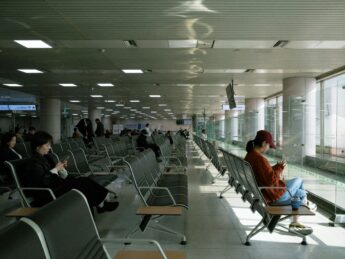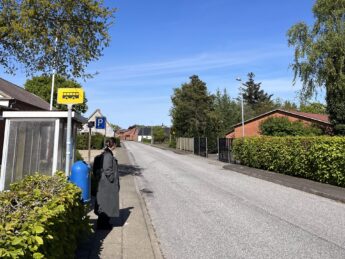
Situation
Innovation Norway is working actively to strengthen Norway’s position in the international tourism market and ensure the sustainable development of the tourism sector. A key element of this work is establishing a comprehensive knowledge base for Norwegian tourism that provides up-to-date insights into target groups, travel patterns and travel intentions across markets, as well as Norway’s role as an attractive destination. Gathering insights directly from tourists visiting Norway and mapping their travel behaviour and spending patterns is therefore essential.
Complication
Innovation Norway has an ongoing need for an in-depth understanding of the tourists who visit the country. Insights into their demographic profiles, holiday activities, and spending patterns during their stay are crucial for understanding why they choose Norway as a destination. This knowledge is also key to understanding how different tourist segments contribute to local and national economic value creation. Furthermore, Innovation Norway must be able to track developments over time to identify shifts in travel habits and patterns. This requires advanced modelling and data methodologies to ensure that the collected data remains relevant and reliable in today’s dynamic tourism landscape.
Recommendation
Since 2012, Epinion has collaborated with Gyger to conduct annual analyses based on 13,000 interviews with both leisure and business travellers in Norway. These insights highlight tourism’s role as both an experiential and economic driver for the country and underline the importance of a target group–based approach that takes into account both tourist experiences and the situation of tourism operators. Tourism can be difficult to measure accurately, especially given the large share of non-commercial tourism in Norway. This makes careful consideration of data collection design, weighting, processing, and analytical strategies essential. The resulting data provides Innovation Norway and industry stakeholders with an up-to-date knowledge base to strengthen market activities and support an economically and environmentally sustainable development of tourism — both nationally and regionally.





